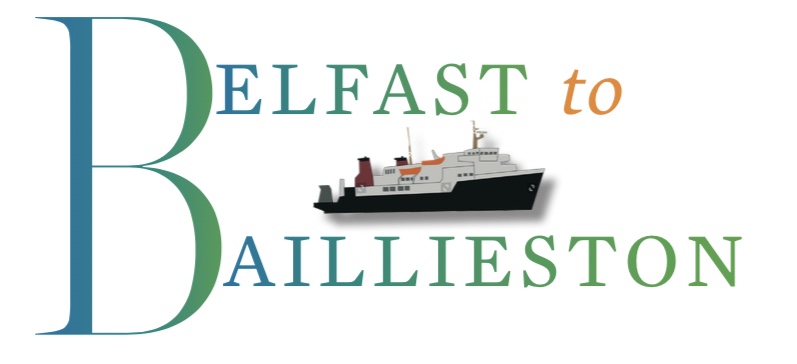Neil Young is a Belfast poet and publisher, living for many years in Scotland. His published works include: Lagan Voices (Scryfa, 2011), The Parting Glass (Tapsalteerie, 2016), Jimmy Cagney’s Long-Lost Kid Half-Brother (Black Light Engine Room, 2017), Shrapnel (Poetry Salzburg, 2019) and After the Riot (Nine Pens, Press, 2021). Neil is the founder of The Poets’ Republic magazine and Drunk Muse Press. In his poetry, you enter into a view on a fulsome, often chaotic space: he elevates the ordinary to brilliant and calms the unbearable to something nearing beauty.
I am grateful for Neil’s words below on my work.
Charlie’s gift is as a poet-storyteller who can crystallise in his evocation of a scene or an incident a breadth of personal, social and political histories. These observations drill into the particularities of the times and character of his forebears – resilient people but complex and contradictory people too who strived and struggled through the intense hardships and discriminations of working-class life in Belfast. This is a painstaking work of memorialising that is written both with sparsity and lyrical verve and – for all its unflinching gaze – shot through with love. A book as tightly woven as the best of Ulster linen.
Neil Young, poet/publisher – Drunk Muse Press & The Poets’ Republic




